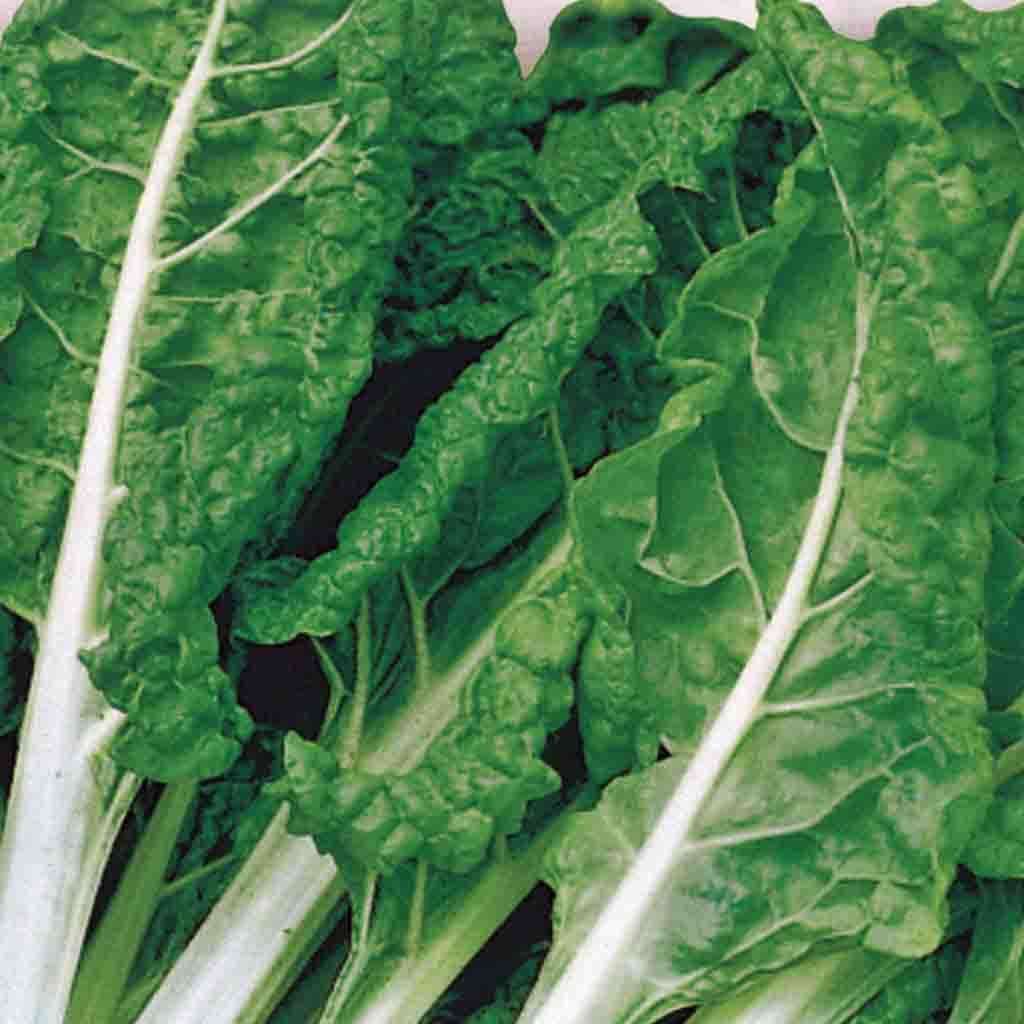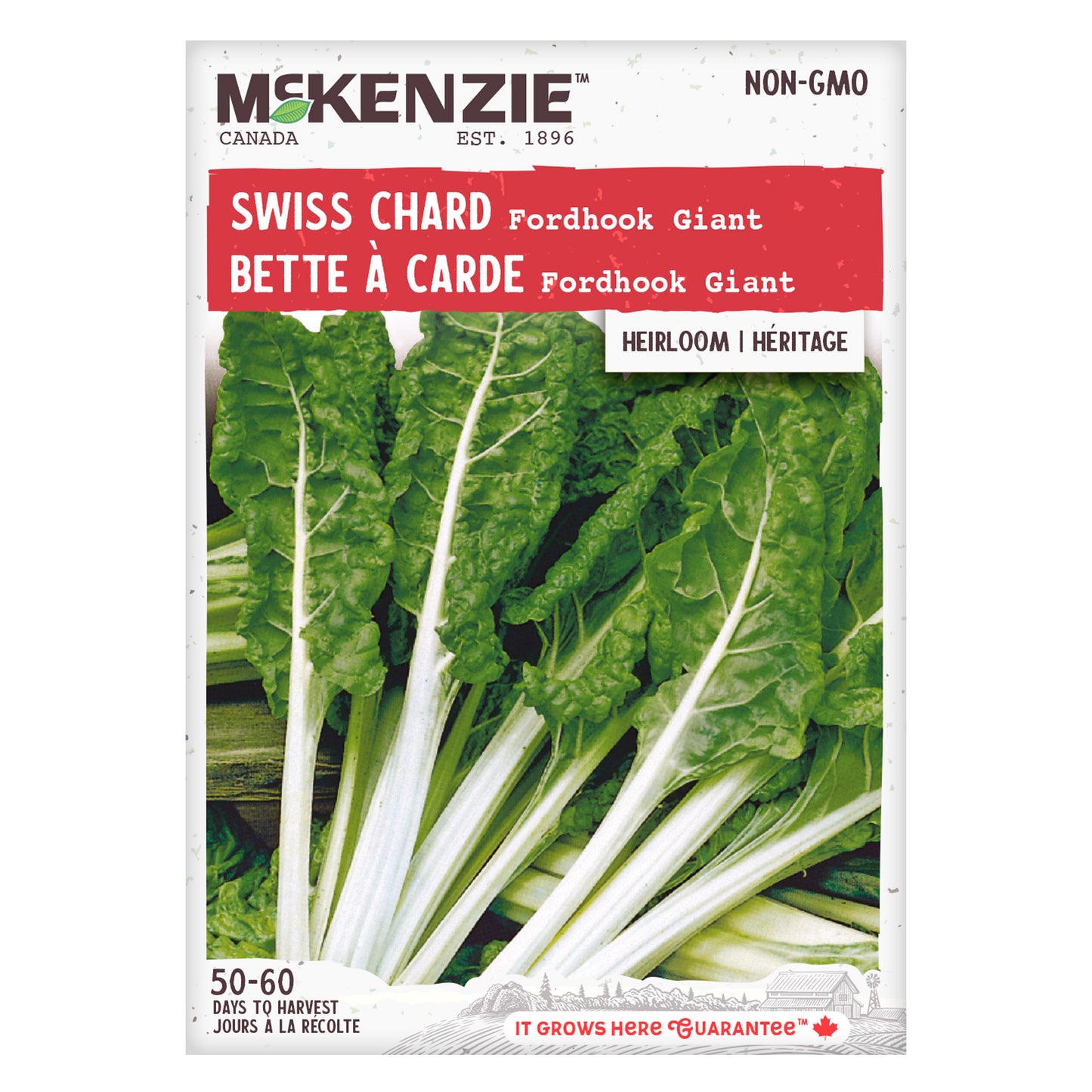Free Shipping On Orders $35+. View Offers >




You may also like

Join our rewards program today to start saving!

Free Shipping on orders over $50

There are a ton of ways to earn!

Important Canada Post Shipping Update:
We are transitioning back to Canada Post for order shipments. Please note there is still potential in Canada Post delays.
By placing an order, you acknowledge and accept the risk that your package may experience delays or be held in queue until Canada Post resumes full service.
We truly appreciate your patience and understanding as we continue to monitor the situation closely.







